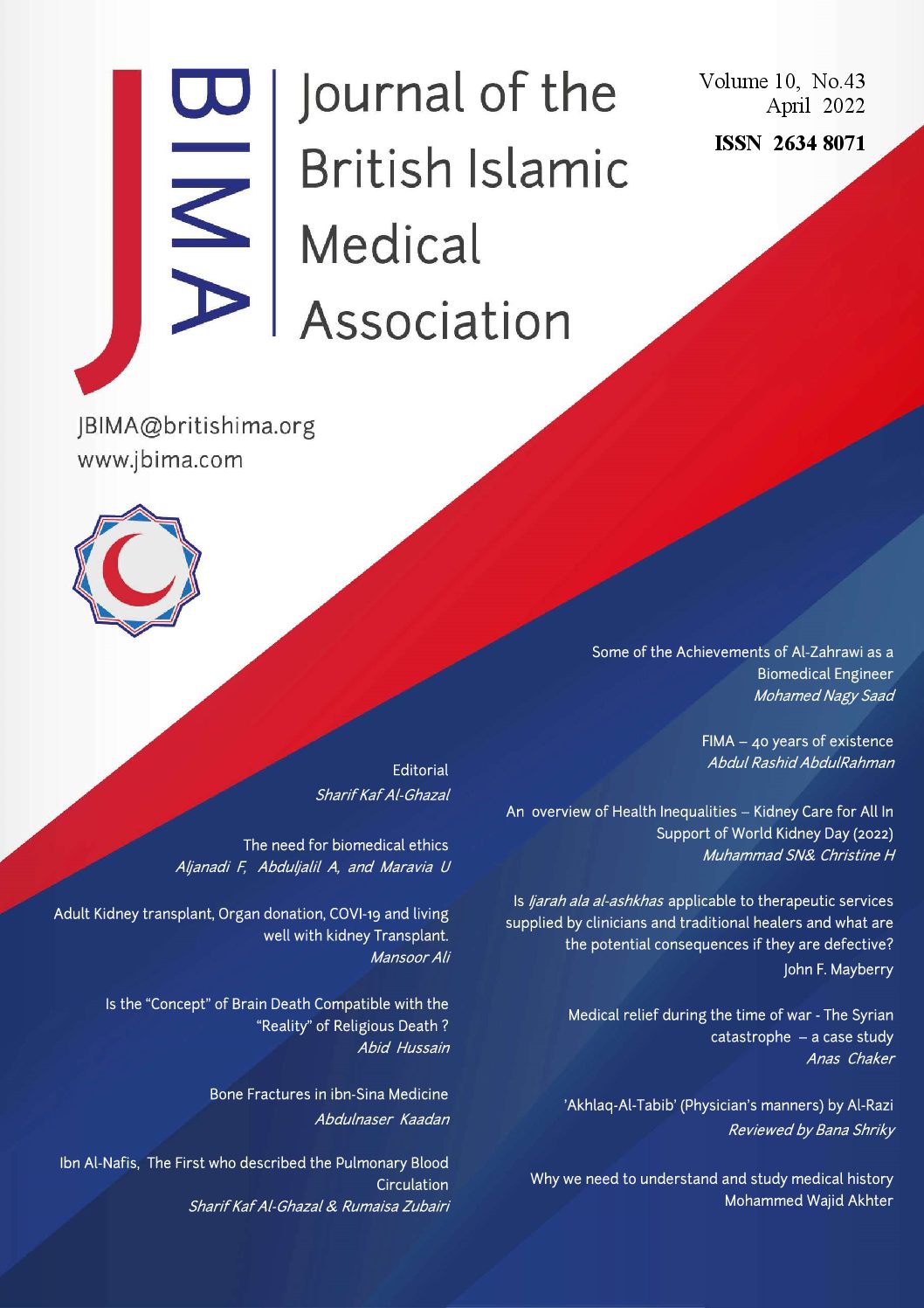
The RCGP Adolescent Health Group (AHG) is a
special interest group committed to the health and
wellbeing of Young People (YP). A YP is defined by The United Nations, for statistical purposes as those persons between the ages of 15 and 24 years [1].
We have chosen to look at the special considerations for YP choosing to fast during Ramadan as guidance for Primary Care Teams.
Ramadan is one of the central pillars of Islam and falls in the ninth month of the Islamic calendar. Muslims are obliged to fast from dawn to sunset for a month. There are groups of Muslims where fasting is excused and this should be determined in discussion with a trained Imam. The month of Ramadan may coincide with the time for a young person’s study and revision to prepare for examinations which are mostly essential for achievement and future career progression[3]. Muslim YP are generally required to fast from the age of 12 years onwards.
Top Tips:
- PREPARATION : Pre-fast preparation matters. In-house information session to raise awareness and inform the Primary Care team. Provide YP friendly patient information such as social media links, websites and posters. Encourage YP to consult with the Primary Care team to review long-term conditions.
- ACUTE ILLNESS: During a consultation for an acute illness during Ramadan the GP should ask the YP if they are fasting. This is required in order to make an accurate diagnosis and appropriate management plan.
- MEDICATION SWITCHES: Liaise with Medication
Management Teams and secondary care for expert guidance on medication switches to optimise disease management during fasting. Oral and Inhaled medications are not allowed during the fast. Topical, eye, ear and injectable medicines are suitable. Diabetes management has been transformed by Continuous Glucose Monitoring. [2] - HYDRATION AND SENSIBLE FOOD CHOICES: Promote healthy eating and
hydration after the days fast.Choose foods such as dates, nuts, falafel, salads, fruits and wholegrains. Advise avoidance of oily or sweet foods as these may trigger abdominal symptoms, fluctuating blood glucose levels and fainting. For pregnancy planning take pre-conception vitamins for 12 weeks before stopping pregnancy- prevention. Young women benefit from iron rich foods. - MENTAL HEALTH ISSUES: Identify YP for whom fasting may be severely detrimental and arrange a consultation to check for competency. Conditions such as Eating Disorders may rapidly deteriorate with sustained fasting and it is sensible to have an informed discussion with local medical and religious advice.[9] NICE recommends rotation of injection sites in ED [12].
- CHOICE AND STUDY PLANNING : Ensure that Clinicians are aware that YP and families should discuss decisions to fast with a trained Imam if needed. Muslim YP have usually been introduced to fasting at a younger age to acclimatise and may seek advice from religious authorities if educational or sporting activities coincide with long fasting days. Several agencies offer advice and resources for planning study.[3,11]
- SIGNIFICANT EVENTS: Learn from any significant events (SEA) involving YP during Ramadan to share good practice and ensure safe fasting in future. Examples of SEA include not taking medication suboptimal control of chronic medical conditions and syncope resulting in Accident& Emergency attendance. Clinicians need to be aware of alternative medication regimes such as modified release preparations.
- COMMUNITY INVOLVEMENT: Liaise with local schools and national organizations to obtain Resource information about studying during Ramadan and work together for YP.
- EMBED ACCEPTANCE: of Ramadan into the practice culture and develop a link with the Imam. Be mindful of how to conduct discussions with YP who do not feel able to fast this season and need support with communicating their decision. Seek out team members who are practising and can therefore educate the team.
- FAMILY: Remember that this is a time of increased spirituality and family connection. The emphasis is on giving to others and celebration of precious time together.
The psychological effects of fasting for Ramadan in YP is a subject that has not been extensively researched and this deserves further research as initial results are mixed. Particular care and a tailored proactive approach is required for some for whom Ramadan will bring increased medical risks especially if there are concerns about medication non-compliance, risks related to sleep disturbance or disordered eating. This collaborative writing group is working together to
write a comprehensive article about the subject. The question about fasting with a diagnosed Eating Disorder such as ARFID, anorexia, bulimia, diabulimia or OFSED has been shared to a centre of expertise.[12]. We shall include professional advice about appropriate management of this group of conditions. The authors welcome questions and expert resources to compile this article.
References:
[1] Majeed A. Ramadan: An opportune time for GP intervention. British Journal of General Practice. 2014 Aug; 64(624):356. Available from https://bjgp.org/content/64/624/356
[2] Sheffield Children’s NHS Foundation trust Ramadan Mubarak! Sheffield Children’s NHS Foundation Trust. 2023 Mar 22. Available from https://www.sheffieldchildrens.nhs.uk/news/ramadan-mubarak.
[3] British Islamic Medical Association. Tips for Studying During Ramadan. 2024 Feb. Available from: https://britishima.org/wp-content/uploads/2024/02/bima_tips-for-studying.pdf
[4] British Islamic Medical Association Tips for Studying During Ramadan YouTube.2024
Feb 15. Available from:
[5] Griffiths H, Harris A, Radia R. Impact of Ramadan fasting on patients with chronic kidney disease. BMJ. 2022 Mar 22; 376. Available from https://www.bmj.com/content/376/bmj-2020-063613.full
[6] British Islamic Medical Association. Ramadan Compendium. 2024 Feb. Available from: https://britishima.org/advice/ramadan-compendium/
[7] British Islamic Medical Association.Ramadan Health Factsheet. 2024 Feb. Available from https://britishima.org/wp-content/uploads/2024/02/ramadan-healthfactsheet.pdf
[8] General Medical Council. Definitions of
children, young people, and parents. General
Medical Council. Available from: https://www.gmc-uk.org/professional-standards/professional-
standards-for-doctors/protecting-children-and-
young-people/definitions-of-children-young-people-
and-parents
[9] British Dietetic Association. Ramadan and eating disorders. British Dietetic Association 2023 Feb 15.Available from:
https://www.bda.uk.com/resource/ramadan-and-
eating-disorders.html
[10] United Nations. Definition of youth. United
Nations. Available from:
https://www.un.org/esa/socdev/documents/youth/fact-sheets/youth-definition.pdf
[11] British Council. Ramadan. British Council Available from: https://learnenglishteens.britishcouncil.org/study-break/magazine-zone/ramadan
[12] National Institute for Health and Care Excellence. Eating disorders: recognition and treatment. NICE guideline [NG69]. 2020 Mar 22. Available from:https://www.nice.org.uk/guidance/ng69
Written communications from Lead author with Maudsley hospital
https://slam.nhs.uk/maudsley-hospital
.

